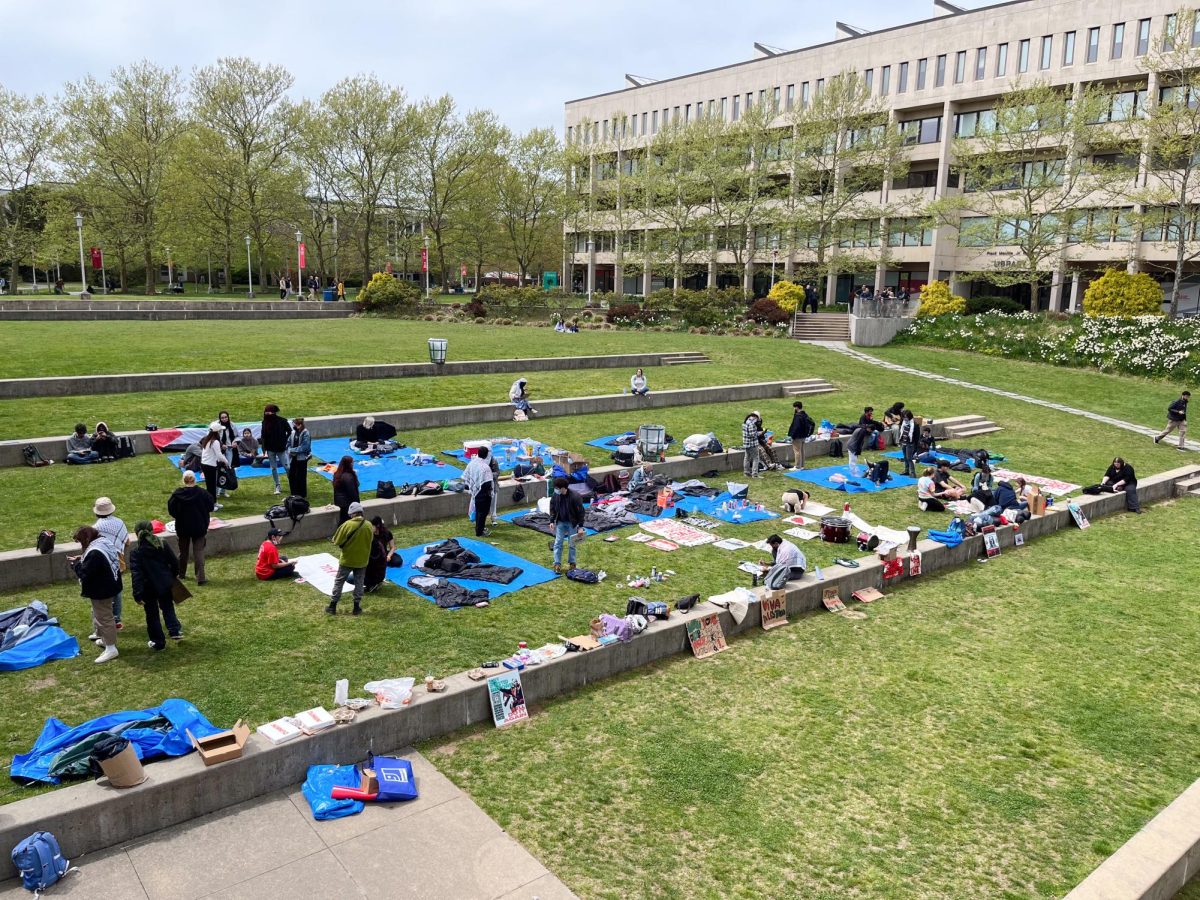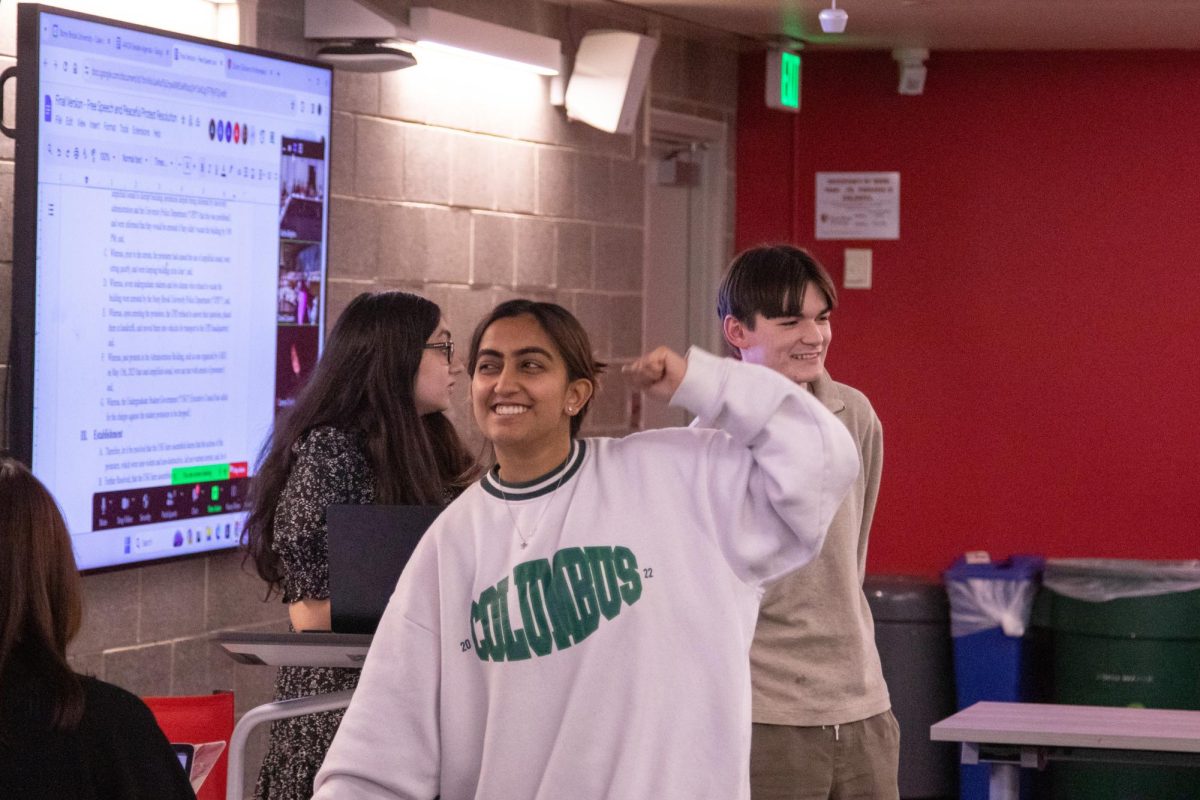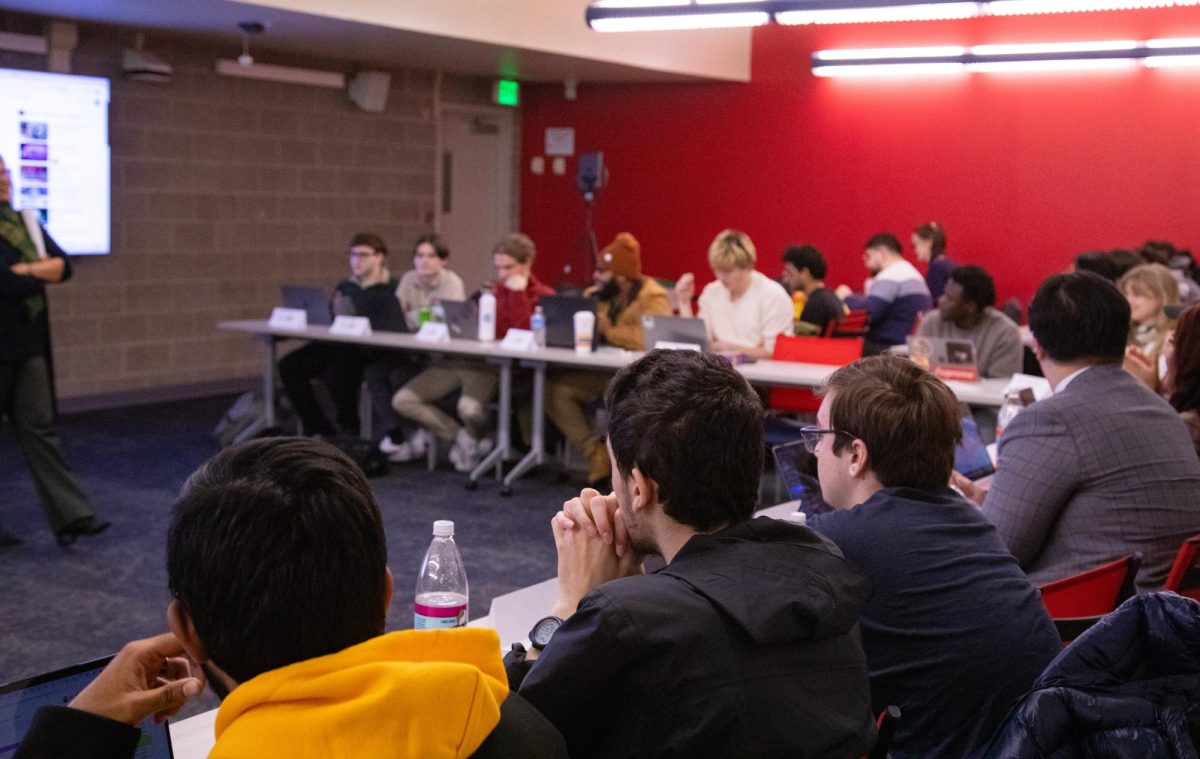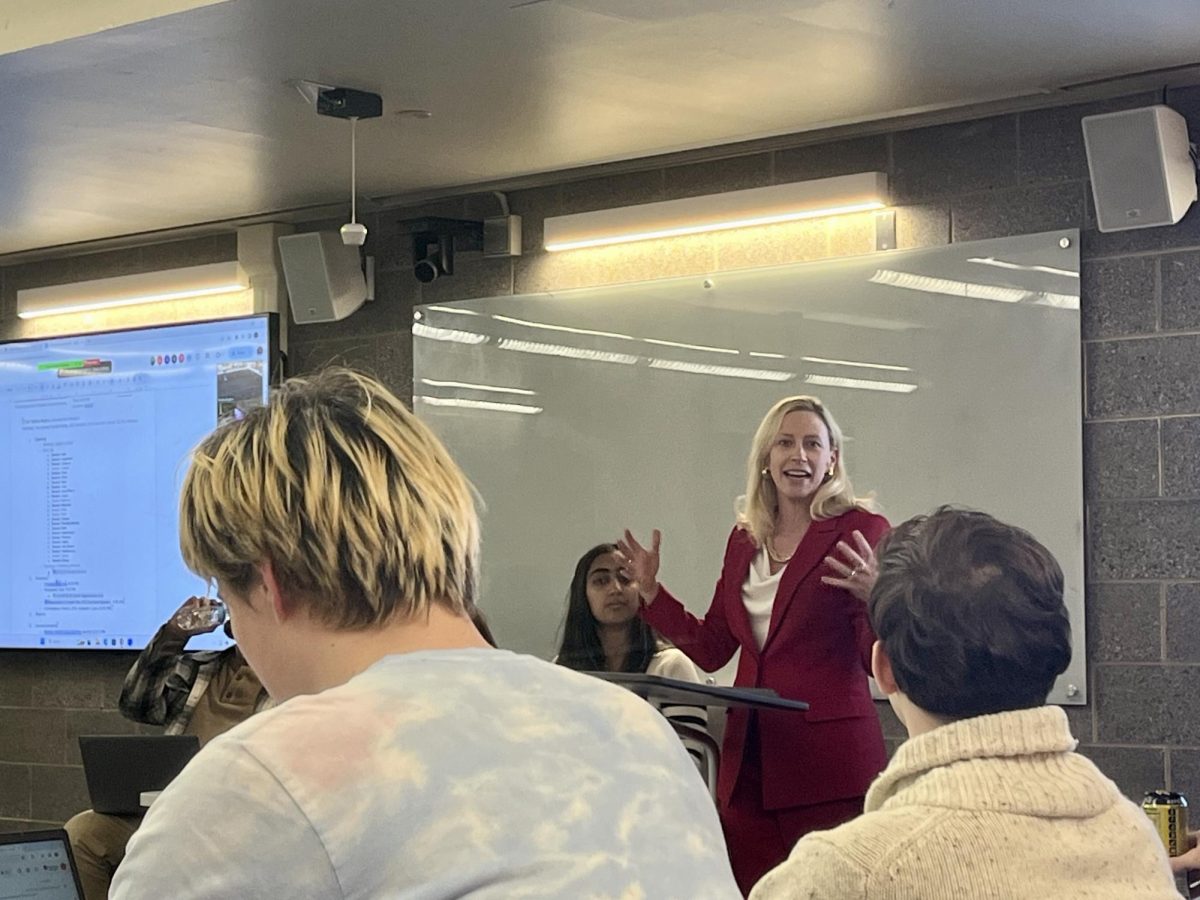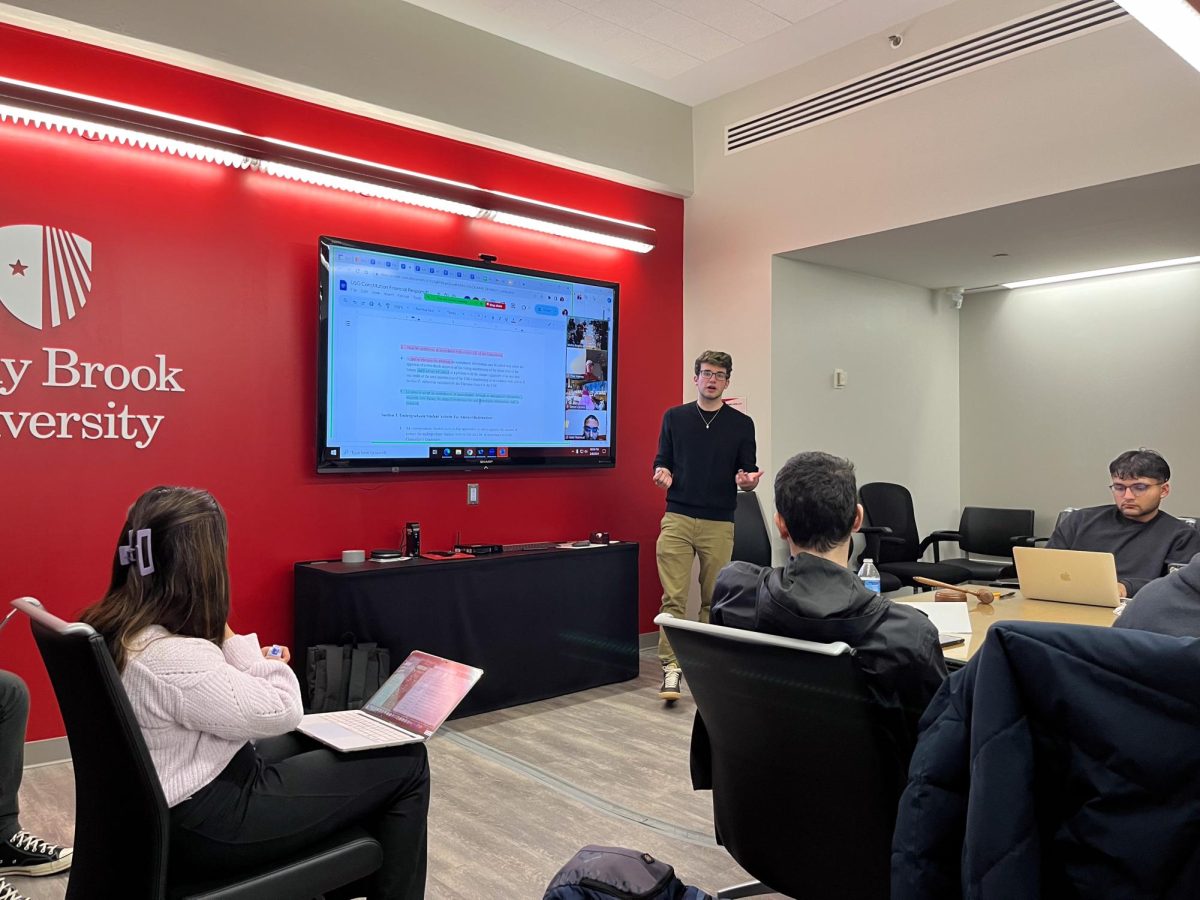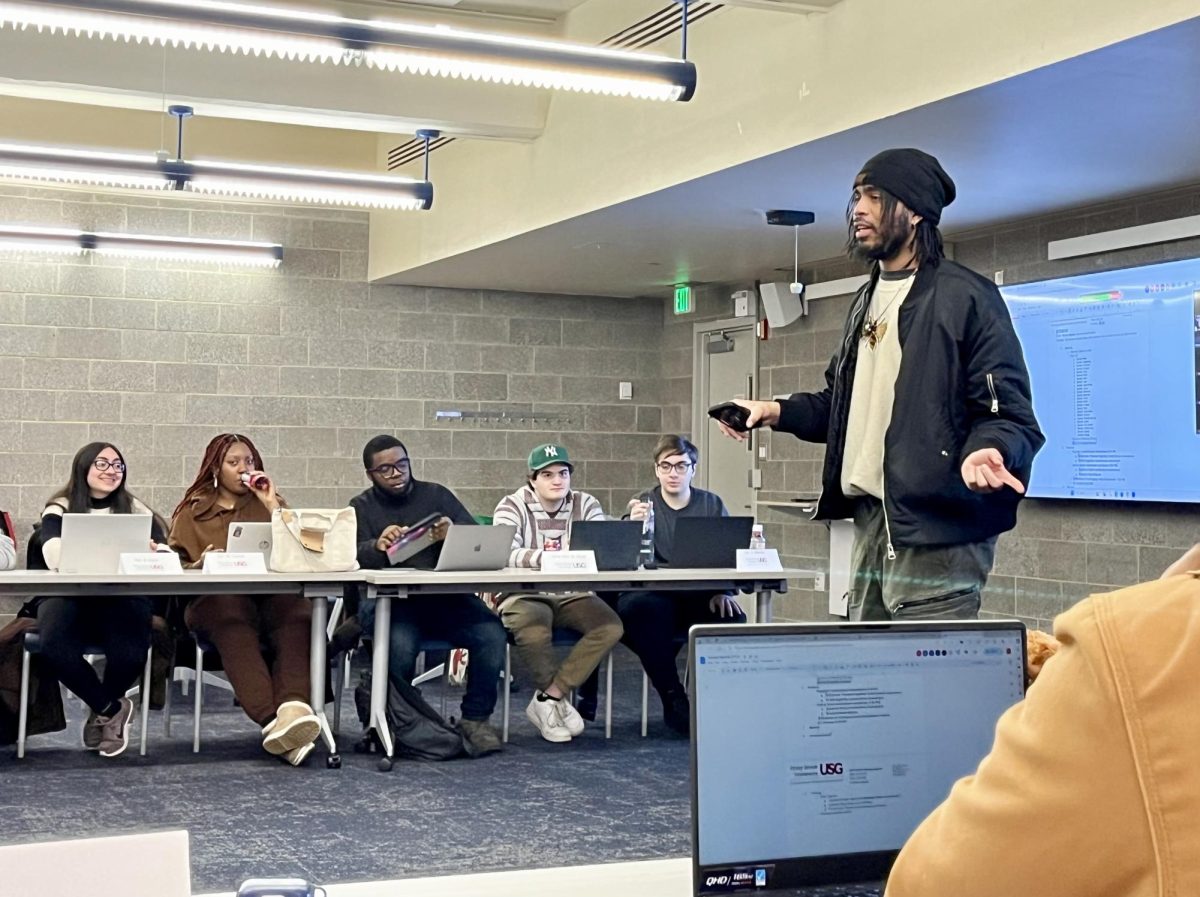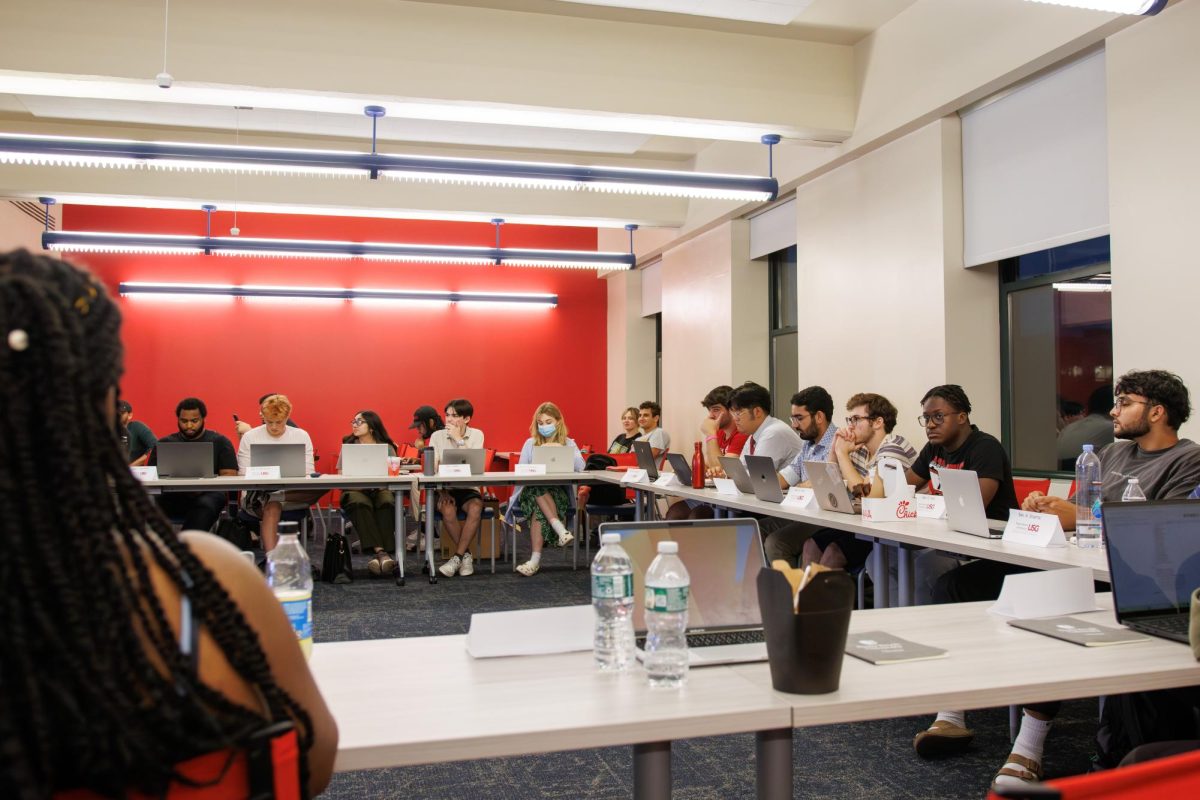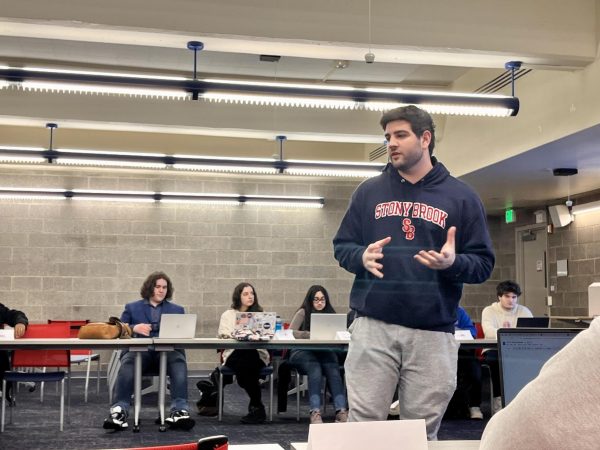
In its first meeting of the spring semester, the Undergraduate Student Government (USG) Senate discussed amending its Constitution to reintroduce a branch called the Judicial Board.
In the past, clubs have expressed to the USG that they felt it was unjust for the Senate to hear appeals from clubs when it was the same body that gave the first decision to the clubs. According to USG Executive Vice President Nistha Boghra, reintroducing the judicial branch was the “only way” to solve this issue.
“We want to [include this new branch] so that the student body has the option [and so] they don’t feel like [appeals are] an unfair process,” Boghra said.
As written in its initial version of the amendment and its bylaws, the Judicial Board is “intended to investigate and hold accountable breaches of USG written policy and government documents.” Entities subject to the Judicial Board include “individuals, funded organizations or USG governing bodies.”
USG President Devin Lobosco, who has been leading the discussion on potential Constitutional amendments since the start of the academic year, mentioned that although USG had a Judicial Board in the past, it needed to be disbanded after the branch overstepped its authority.
As he was told from students who were a part of USG five to six years ago when the Judicial Board was still active, they began taking on Title IX cases, which are not typically in their jurisdiction. Sexual misconduct cases are the University’s responsibility to preside over.
Lobosco clarified to the senators that the Amendment and its bylaws would clearly define the Judicial Board’s scope of practice.
“The Judicial Board may not proceed with a trial for any issues involving the following, regardless of violation of USG governing documents,” one of the bylaws stated. “Any instances that occur outside of, or are unrelated to, the business or activities of the USG, potential violations of NYS law, potential violations of Title IX, potential violations of Stony Brook University’s Code of Student Responsibility.”
During the discussion, at-large Senator Adam Pareek asked how the justices would be paid in light of the recent increase in the Student Activity Fee. In a previous Senate meeting, Vice President of Student Life Isaiah Daniel stated that the increase “promises some things,” such as investing more in the quality of on-campus events.
In response, Lobosco said the justices will be paid but only if they go to trial.
“This is not going to be free, they’re obviously going to be paid if there’s a trial. If there’s no trial, they’re not going to really get paid. That’s the one advantage to [USG],” Lobosco said. “Ultimately, it’s up to us and the body as a whole and the Constitutional Amendment to say the starting point [of their budget].
The implementation of adding a judicial branch to USG is not official until students vote on whether or not to include the Amendment, similar to how increasing the Student Activity Fee was put to vote.
Students could possibly see this issue on the ballot in a special election in the near future. Lobosco said the timeline of having the Amendment ready to vote on by students is “very aggressive.”
The exact details of how the Judicial Board plans to operate are set to be determined throughout the semester.
Meeting minutes from this week’s Senate meeting will be posted here in the next two weeks.







